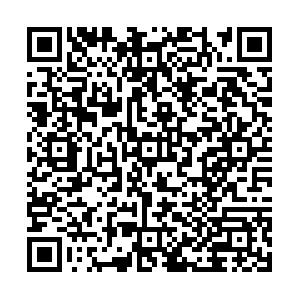法则与自由:康德定言命令公式的规范性阐释
摘要: 康德实践哲学语境中的定言命令有多重表现形式,均是从不同维度表征人自身即是目的这一思想旨趣,而自由则是确证人性目的论的根本价值前提,也是证成定言命令的规范性基础。为保障和提升此价值取向,需要经由纯粹实践理性能力确立普遍性法则,具体表现在作为内在限制的德性义务和外在强制的法权义务,由此防止自由的滥用并毁灭自身,也让我们免受自身和他人感性偏好的制约。确立基本自由理念,培育和修习道德禀赋,提升道德人格理想,是实践并完成定言命令的重要途径。基于规范性视角,不仅可以对康德不同时期实践哲学文本作融贯一致的理解,祛除单纯形而上学证成路径的缺失,而且能够有效应对关于康德伦理学的误读和批评。
Law and Freedom: Normative Interpretation on Kant’s Formulas of Categorical Imperatives
Abstract: Varieties of Categorical Imperatives in the context of Kant’s practical philosophy represent the thought purport of human being as an end in itself from different perspectives, and freedom is the fundamental value premise and also the normative basis for justifying Categorical Imperatives. In order to preserve and promote this value purport, confirming the universal law by the capacity of pure practical reason (unfolding as the duties of morality as inner constraint and the duties of right as external coercion) is the necessary approach, then avoid the abuse of freedom and destroy itself, and prevent the command derived from self or other sensory inclinations. Confirming fundamental idea of freedom, cultivating and exercising moral disposition, and promoting moral personality, are all the significant ways for practicing and accomplishing Categorical Imperatives. Baesd on the normative perspective, we can not only make a coherent understanding on Kant’s works in different period, then eliminate the weakness of single metaphysical justification, but also answer the misunderstanding and criticism efficiently about Kant’s ethics

 点击查看大图
点击查看大图


 下载:
下载:
 沪公网安备 31010102003103号
沪公网安备 31010102003103号